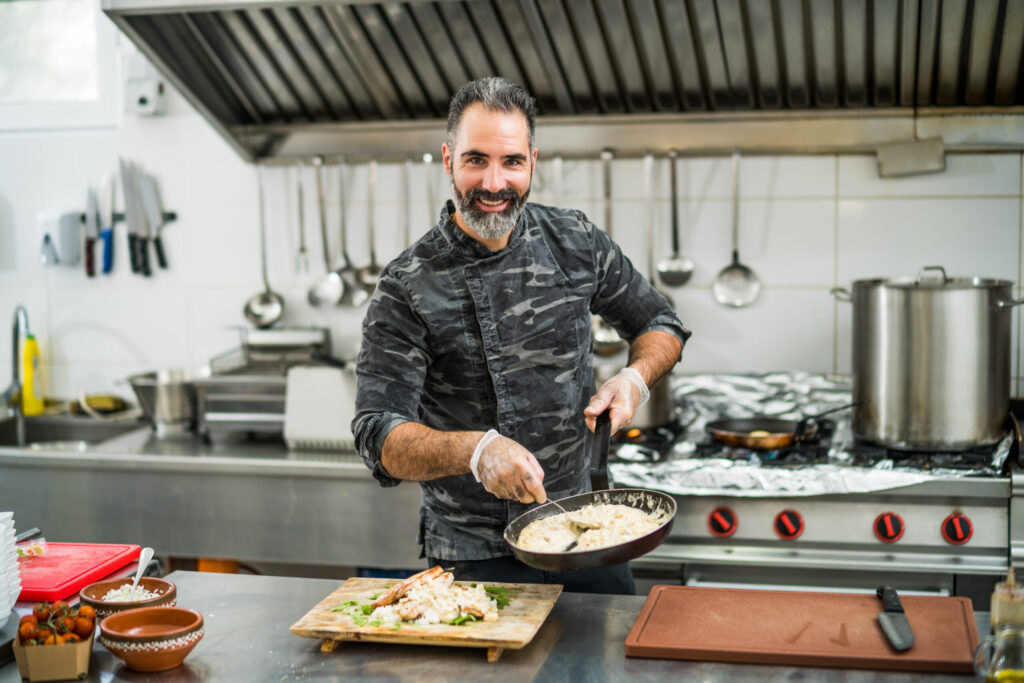There is no doubt that a culinary career can be both financially lucrative and personally rewarding. With the increasing popularity of food culture and dining experiences, there is a high demand for skilled chefs and culinary professionals in various industries. From working in fine dining establishments to owning their own catering business, chefs have the opportunity to earn a substantial income. Still, it’s a path that requires careful planning, dedication, and zeal. In this article, we’ll uncover some of the best tips for launching your fruitful culinary career.
Investing in the Right Culinary Education
The culinary arts field is vast and full of diversity. Determining where to start can indeed be a head-spinning decision. One of the first steps aspiring chefs should take is to invest in a credible culinary education. Similar to other professions, education provides a foundation on which to build your career, instilling in you the skills, techniques, and work ethic needed to survive in a professional kitchen.
Several institutions globally offer culinary courses, from certificate levels to degree programs. The international culinary education scene is vibrant, offering a mix of traditional programs and sophisticated training methods that incorporate modern culinary techniques. Making the right choice could be the difference between being stuck in a mundane cooking job and excelling in a thriving, vibrant culinary environment. Choose a school that aligns with your career goals. Do you want to become a pastry chef? Or do you aspire to be a food and beverage manager? Answering these questions will set you on the right career path.
Understanding Restaurant Economics
For many chefs, the dream is to open and run their own restaurant. While the idea is glamorous, it comes with significant financial implications. From hiring staff, and sourcing ingredients, to the daunting task of procuring kitchen equipment. Purchasing high-quality restaurant equipment can be a major investment, and one needs to consider the financial plan required to weather this aspect of the culinary business. The cost of restaurant equipment varies widely based on the type and quality, but a good understanding of how do you finance restaurant equipment can make the process seamless.
Options such as leasing or financing can ease the financial load substantially. Understanding restaurant economics is vital for those intending to make a culinary investment. It requires more than just food preparation skills – it requires business and financial acumen to succeed in an often volatile marketplace. Generally, equipment should be a priority, as it affects the quality of your food and ultimately, is integral to customer satisfaction.
Acquiring Hands-on Experience
As with any career, gaining hands-on experience is fundamental in the culinary industry. It’s often said that the kitchen is the best classroom for a chef. Some of the most respected chefs in the industry attribute their success to the early days they spent working in kitchens, where they learned priceless lessons not covered in a conventional classroom. Whether it’s through an internship, volunteering, or a part-time job, immersing yourself in the kitchen environment is priceless.
It provides a real-world view of the culinary business and exposes you to different cooking styles, ingredients, and business operations. Apart from cooking, aspiring chefs will learn about inventory management, customer service, and even situational problem-solving. Hands-on experience also allows you to network within the culinary world. Establishing connections with other chefs, restaurant owners, and culinary establishments may open doors to new opportunities.
Pursing Personal Culinary Development
The culinary arts field is dynamic and ever-evolving. For a chef, it’s crucial to embrace continuous learning and development. This does not only entail developing new recipes or improving personal cooking skills. It includes learning about emerging culinary trends, food safety practices, the use of new technology in the kitchen, and even understanding the business side of the culinary world.
Engage in practices that enrich your culinary knowledge, seek mentorships, partake in culinary workshops, or even travel to new destinations to discover different food cultures. These experiences will enrich you as a chef and allow you to grow holistically in your culinary career. Remember, your culinary journey is unique, and there’s no one-size-fits-all pathway to success. Be open to new experiences, sharpen your skills continuously, and above all, let your passion for the culinary arts remain at the heart of your career.
As this article demonstrates, launching a culinary career involves not just culinary skills, but understanding the culinary business’s nitty-gritty. Although it will take hard work and effort, you can establish yourself if you stick to our advice and maintain a firm commitment to your goal. With the right education, hands-on experience, an understanding of restaurant economics, and a continuous pursuit of personal development, one is well on their way to a successful culinary career.

